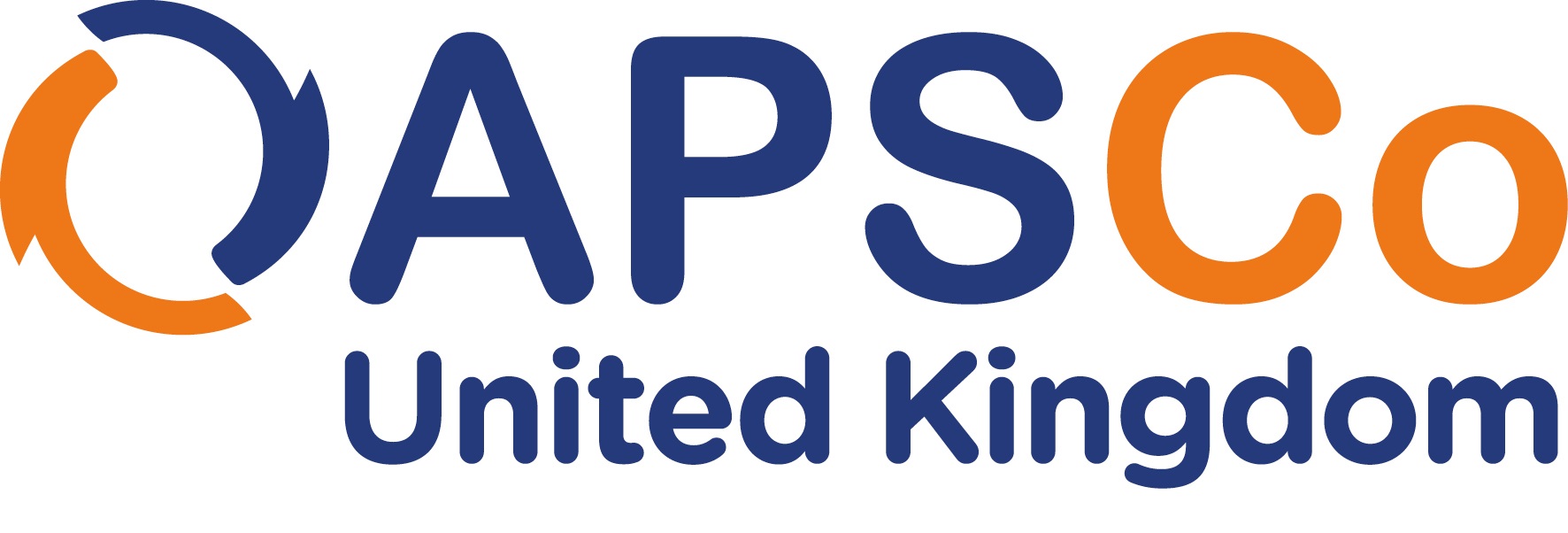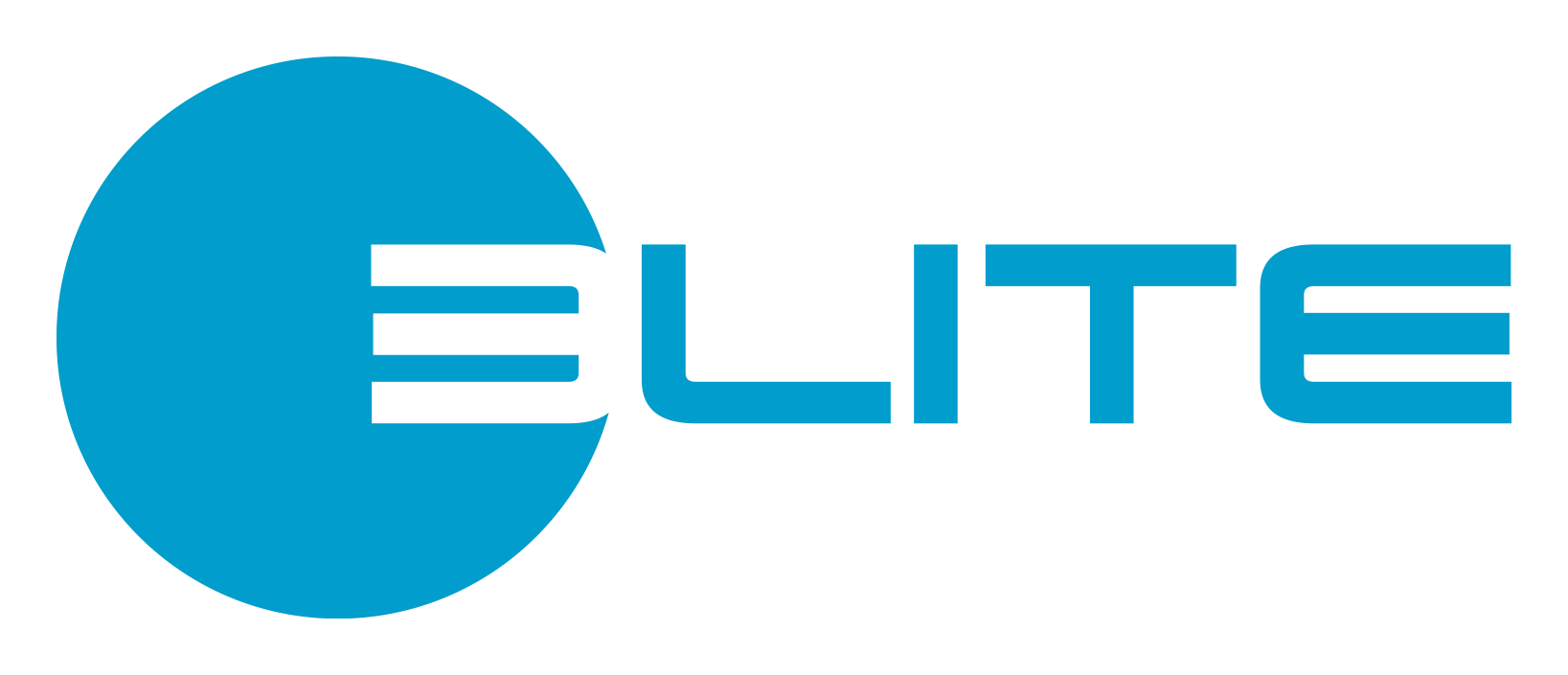What Developers Want from a New Role
Developers sit within a marketplace that is consistently in high demand. As a result, developers are passive in nature, not necessarily looking for a job and if they are looking for a new role, they know they will have an abundance of choice.
Generally speaking, developers are not actively looking for work and therefore they will only be interested in roles that truly match their personal and professional criteria, which can sometimes be specifically niche.
We know what developers want
With over a decade’s worth of experience talking to and hiring developers, we have a thorough and in depth understanding of how developers think and what they are looking for in new roles and new companies, but to really understand what makes developers tick we take a very simple approach…we ask them.
At Nixor, we’ve created a ‘developer needs wheel’ as a result of a decade spent working and talking with developers. We fully understand how they work, how they think and what they usually expect from a new role. Every software engineer is different and having a personal relationship with each candidate is crucial to fully understand their requirements and expectations.
By looking at our ‘developer needs wheel’ you can see just how many factors go into the decision-making process for developers when they consider a new role and a new employer. Recruiters and hiring managers need to refer to as many of these requirements as possible (in detail!) when going through a recruitment drive.
So what are developers are looking for in today’s market?
Developers who are 100% comfortable and happy with their role are highly motivated individuals and they actively want to see their work making a difference in some form. They strive to make a positive impact for their colleagues, company and/or customers and this is what drives them in work each day. Developers want to be able to have a space within their workplace to make an active contribution and they want to be acknowledged for the value they create.
The Product or Project they are working on:Developers want to know what they are going to be working on. What is the purpose of the application? Where does it fit into the business? Does this product help the world? Is it Greenfield? As you move into more senior roles this becomes more and more important to people.
Large brands can often be off putting to a developer, as they are associate these roles as being “stuck in a box”. However, larger brands also have multiple projects or products. Some will be more interesting than others, but are you telling the developer community how exciting your product is, or letting them come to potentially negative assumptions...
People & culture.
Culture is important for developers as the team dynamic in which they will be working in. However when we talk to developers culture is more around the way a business approaches digital rather than the overarching business culture.
Culture surrounding methodology, collaboration, processes to exchange views or talk about new technology. How you decide and implement new processes and tech, how Senior stakeholders embrace technology change, is there an appetite to consider new technology, is there an opportunity to have full visibility of the entering process even if you’re working on just one part of the system?
Of course over-riding business culture is important, but to a developer the above is what they want to know when looking for a new role.
Learning new technologies.
When we asked developers they often tell us that learning new technology is more important to them than learning the latest technology. Again this is more common with more senior roles but interestingly when we delve a little bit deeper, Developers often tell us that the latest technology can be quite subjective and not necessarily, the right tool for the job and therefore picking up new skills overrides a specific language for most relevant for most developers.
New projects in the pipeline.
A fairly obvious one new projects in the pipeline Are associated with new opportunities and also brings with it a varirty within the workload. Will a developer be involved in the architectural design, is it greenfield with new technology that keep things fresh. When hiring a developer most businesses neglect what the future state of that specific role will look like, But of course that is very important to the individual developer that might be joining.
Career opportunities
Like the point above developers are interested in the future state what their role will look like. For individual developers this can take many forms, whether it be moving into more senior roles, becoming more involved in the design process, management, architecture, or simply moving up the paygrade like everyone else, developers want to know where the career is heading when considering any new role.
Developers are naturally very curious individuals and thus often have their own projects going on behind the scenes. However, actively allowing your developers to work on their own technical projects during work hours could help your company directly with new projects or with new business ideas that could be taken to market.
At Nixor, we consistently track and check in with our developers to ensure we stay in the loop with how the industry is changing and how their requirements adjust as a result.
To be able to successfully place and retain your next developer hire, you need to fully understand what your developer candidate wants and needs in their next role. Thanks to our developer-specific knowledge and a collaborative working relationship, a partnership with Nixor works to your benefit as your recruitment process becomes less frustrating and more fruitful.
Over the past ten years we have been using this experience and knowledge to build extensive network of developers ranging across a multitude of different skill sets, making us the perfect partner for your next developer hire. We regularly check in with our pool of developer talent to ensure we are kept in the loop with their changing employment requirements and career priorities. We complete quarterly reports based on the feedback we receive from our software developer community with our recent study finding that the number of developers cancelling interviews has dropped significantly since the forced move to a full video interview process as a result of the pandemic. Moreover, we also found that 89% of hiring managers are now comfortable making hiring decisions based purely on video interviews alone (compared to 8% in January 2020).
Speak to us today for more information on how Nixor can help you find the perfect candidate. Click here



